How To Get A Dietetic Internship
- August 30, 2019
- Last Updated: April 19, 2024
- 1 Comment
- Registered Dietitian
I receive so many questions about my career path so I thought it would be helpful to put everything in one place, including how to get a dietetic internship.
This is part 2 of a 3-part series about Becoming a Dietitian.
You can see the other posts here:
- How to Become a Registered Dietitian if you already have a degree
- How long does it take to Become a Dietitian?
- How to Pass the RD Exam
This post will discuss the steps of how to get a dietetic internship, including:
- What is a dietetic internship?
- How hard is it to get a dietetic internship?
- When do you apply for dietetic internships?
- What happens if you don’t match to a dietetic internship?
- Where should you start to get a dietetic internship?
- What is the best dietetic internship?
- How much do dietetic internships cost?
- How to find dietetic internship preceptors?
- What happens after you complete your DI?
What Is a Dietetic Internship?
The dietetic internship (DI) is a 1200 hour supervised internship that is a necessary prerequisite for becoming a Registered Dietitian. It can range from 8-24 months in length, depending on the program you’re accepted to. It may also depend on how many credits you are eligible for.
To be eligible to apply to a DI, you must:
- complete at least a bachelor’s degree
- complete ACEND-accredited coursework requirements (This is either through a Didactic Program or Coordinated Program)
This post is not focused heavily on coordinated programs, those of which include the dietetic internship in the coursework. Those students do not have to apply to a separate DI program because once you graduate, you are eligible to sit for the DI Exam.
However, there were many more didactic dietetics internship programs (251) than coordinated programs (56) offered across the country!
You can read more in the post where I discuss how I actually graduated from a coordinated program and the steps I took for switching careers to become a Registered Dietitian.
How Hard Is It To Get a Dietetic Internship?
I won’t lie, it is a competitive process through the DICAS (Dietetic Internship Centralized Application System). And from what I hear, it’s getting more and more competitive. There are currently more applicants than positions available and nationally, only about 50% of applicants are being placed.
The competition is fierce! According to a Today’s Dietitian article, in 2013, a record high of 5,444 dietetics students applied for internships, a 112.5% increase over the 2,561 who applied in 2001.
Wow – you can see the dietetic internship acceptance rate is competitive.
Directly from the Eat Right site: “Appointments to DIs are awarded on a competitive basis and most use a national computer matching process. Programs not participating in computer matching accept applications only from individuals employed by the sponsoring organization.
Prospective applicants must contact program directors for current information, including application deadline dates. More information about the application, tuition and financial aid can be obtained from the program.”

When Do You Apply For Dietetic Internships?
It happens twice a year – in April and November!
Deadlines for each respective dates are February 15 for April match and September 25 for Fall match.
You will register for the DI match program through D&D Digital, where you will create, edit and verify your priorities and choices for your internships. This post about matching to internships does a great job of breaking down the computer system so you can understand it.
The good thing about the DICAS is that there is no limit on the number of DI programs that students can apply to.
What Happens If You Don’t Match?
If you aren’t matched, you can continue to apply. However, you must submit new DI application materials for every matching period.
You also have a few other options – you can apply to a graduate program in the meantime. I would suggest talking with the program director and seeing what you could do differently this time around.
You may want to change your cover letter or take some time to improve your writing skills.
If you need to achieve higher grades in certain classes, you can retake those. You can also try adding more volunteer hours or practical nutrition experience in the meantime.
Just remember to always be professional. Directors may be scoping your social media and you don’t want to burn any bridges.
Where Should You Start To Get a Dietetic Internship?
Here are some of the top key points!
Start looking at programs early.
Have an idea of what you’re interested in and where you want to do your internship. Have a top-3, a top-5 and a top-10 list, just in case.
Work hard in your classes.
Early in your coursework, you should start developing a record of academic progress. If you’re studying nutrition, you probably somewhat enjoy and are very familiar with the science coursework.
Most programs require a minimum GPA of 3.0 or higher for consideration for admission.

According to the University of Minnesota Department of Food Science and Nutrition, you should maintain a GPA of 3.3 or higher to be most competitive for placement.
However, don’t fret! Academics aren’t the ONLY way to get matched. Other things are very important too, and can even take precedence, like volunteering and extracurricular activities and experience.
Network & Volunteer
As with anything, who you know can help. Network and make relationships that you believe can further and support a successful application. Volunteer, get to know your professors, meet with other dietitians in your local area. Join the student associations. Go to FNCE as a student!
GPA and coursework isn’t the only thing that’s considered in your application. It is also essential to have a strong portfolio of experiences, leadership and activities.
You can volunteer at a long term care facility, supply meals to local food pantries or hunger relief organizations, help out a local dietitian with creating resources, shadow a dietitian in different settings, work in a grocery store, participate in research studies that interest you.

Programs want those with strong letters of recommendation and professional potential, as well as academic prowess.
Hire a Mentor
I can’t recommend this enough! Since the internships are so competitive, while a mentor is an investment, it greatly increases your chances of getting matched on your first try.
No one wants to hear they weren’t accepted to an internship and have to wait until the next application process to apply AGAIN.
Know Your Program’s Prereqs
Does the program you’re applying to require a GRE exam? If so, make sure you plan to take that!
In short, be professional and do your best to stand out. You are selling yourself to these programs and program directors so make sure you are an applicant that you would feel comfortable choosing.
Do you need or want a stronger background in clinical, food science and service, or community?

What is the Best Dietetic Internship?
Personally, I would argue the best dietetic internship is the one that best fits your life and situation. Maybe that means it’s something you’re especially interested in. Or, perhaps one based in the location that is most convenient and accessible for you.
I would recommend asking yourself these questions:
- Are you able to do part time or full time?
- Do you want an in-person location or distance internship?
- Do you work better reporting to someone in person or virtually?
- How far are you willing to travel every day?
- What population are you most interested in working with? Are there internships that cater more towards that?
- Do you want more clinical, community or food service?
- Do you need a stipend or part time job on the side? Some internships do pay and/or offer a stipend.
For example, the DI through Veteran Affairs states, “All VA dietetic internship programs pay a “no strings attached” stipend throughout the course of the internship. Stipend rates vary by geographical location.”
This resource from the Academy of Nutrition and Dietetics enables you to search for programs by state, by those offering a graduate degree, and by those offering a distance option.

How Much Do Dietetic Internships Cost?
Well, think about the cost of living where you will be. If you’re still in graduate school, you obviously have the cost of room and board, tuition, books, food, and transportation. Most dietetic internships are not paid (however, some are – see above).
You are essentially working “for free,” while gaining experience and the necessities to apply to the RD exam and become a Registered Dietitian.
It stinks, I know. You’re working 40+ hours a week with no pay, it’s just kind of one of those “right of passage” things.

How To Find Dietetic Internship Preceptors
This is the part where you have to sell yourself and REACH OUT! Networking will always work in your favor.
- ACEND (Accreditation Council for Education in Nutrition and Dietetics) has a resource where one can sign up to be a preceptor or search for available preceptors.
- Reach out early. You don’t want to be in the spot where you need someone last minute. Network early and if you find a niche you enjoy, it never hurts to ask someone to be a preceptor.
- Be prepared. Know how many weeks and hours you need to complete. You want to impress a preceptor by being organized, clear and responsible.
- Be persistent! You may receive several no’s before you receive a yes. Keep trying. Persistence is key!
What Happens After You Complete Your DI?
Once you complete your internship, you receive a verification statement, which basically says you completed what you said you did. This means you are eligible to take the RD exam, and it’s time to start studying (this is the best study resource!).
I allowed one month of studying for the RD exam and had no trouble, but different time periods work for different people.
There are so many different career options as a new dietitian, and the field is ever-changing. Some of my favorite non-traditional jobs include:
- Sports Dietitian (working with high school, collegiate, professional sports)
- Corporate Wellness
- Social Media Management, Marketing & PR For Food Brands
- Freelance Writing
- Recipe Development and Photography
What questions do you have about how to get a dietetic internship?
As an Amazon Associate, I may earn from qualifying links.
Support Bucket List Tummy













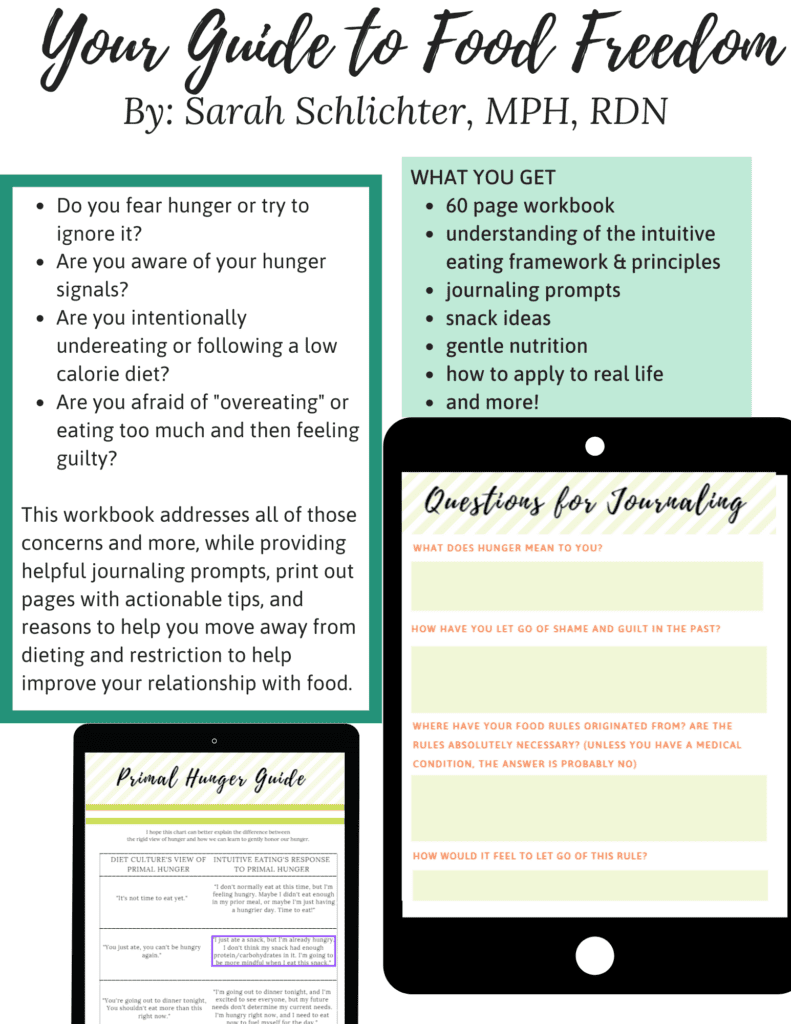




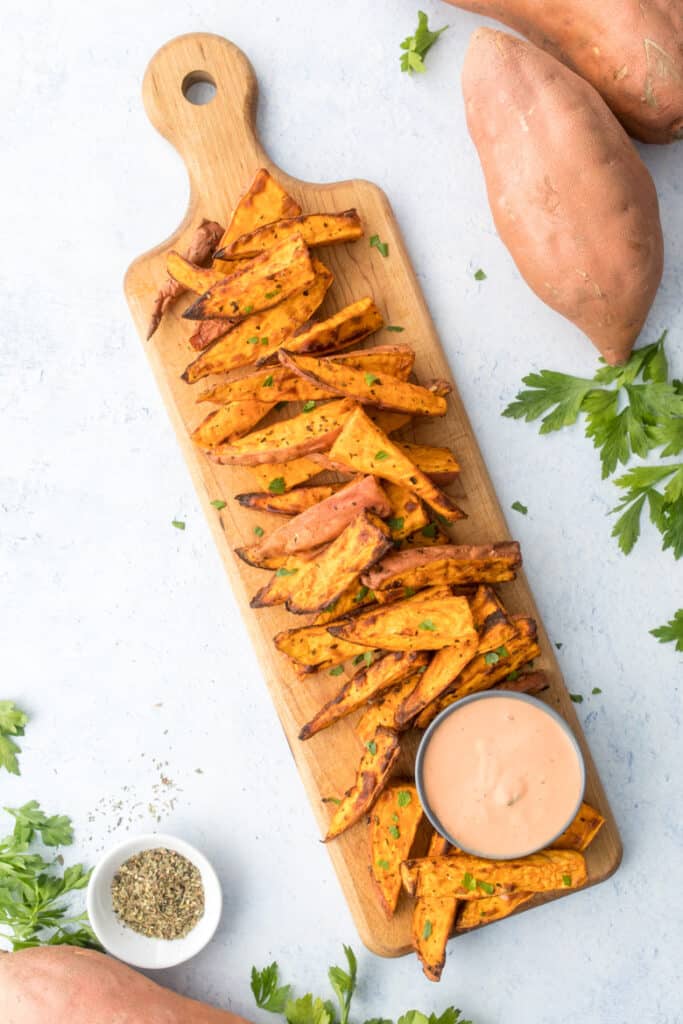

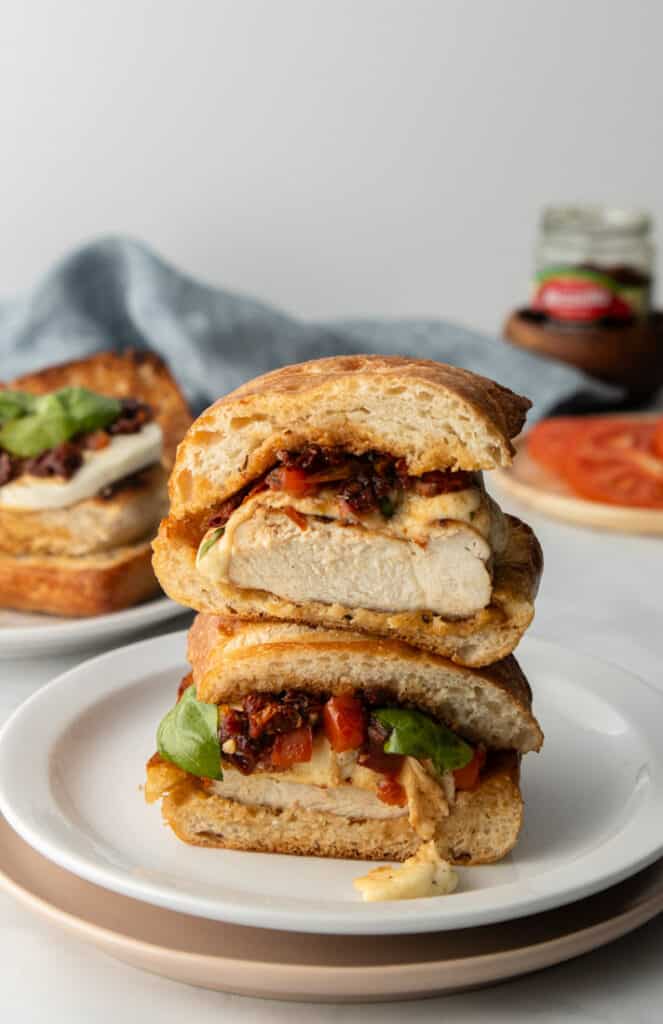
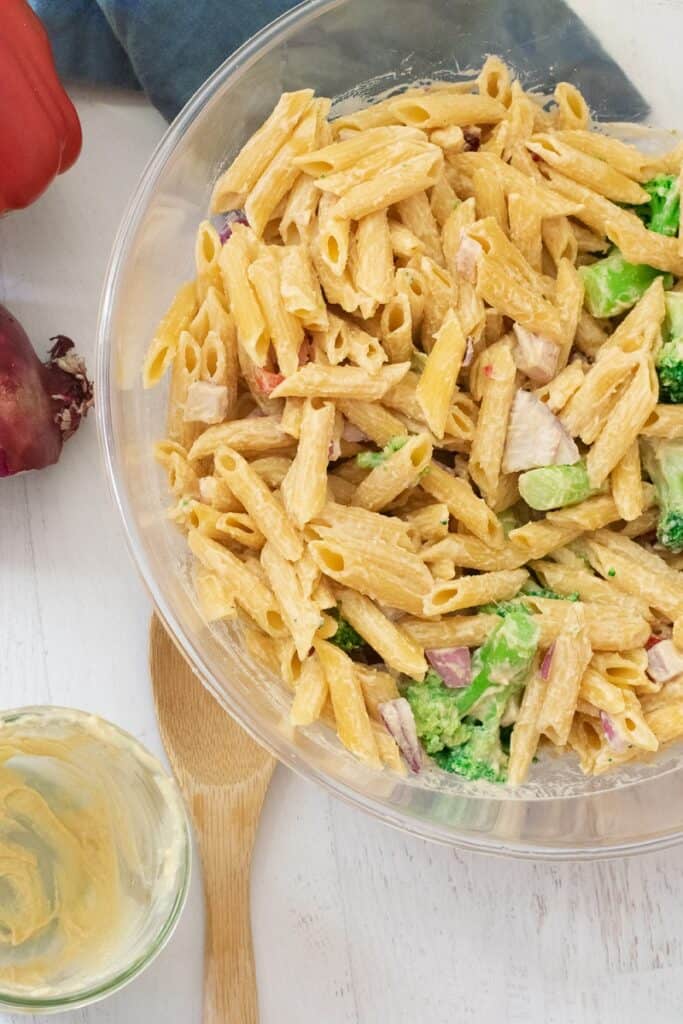

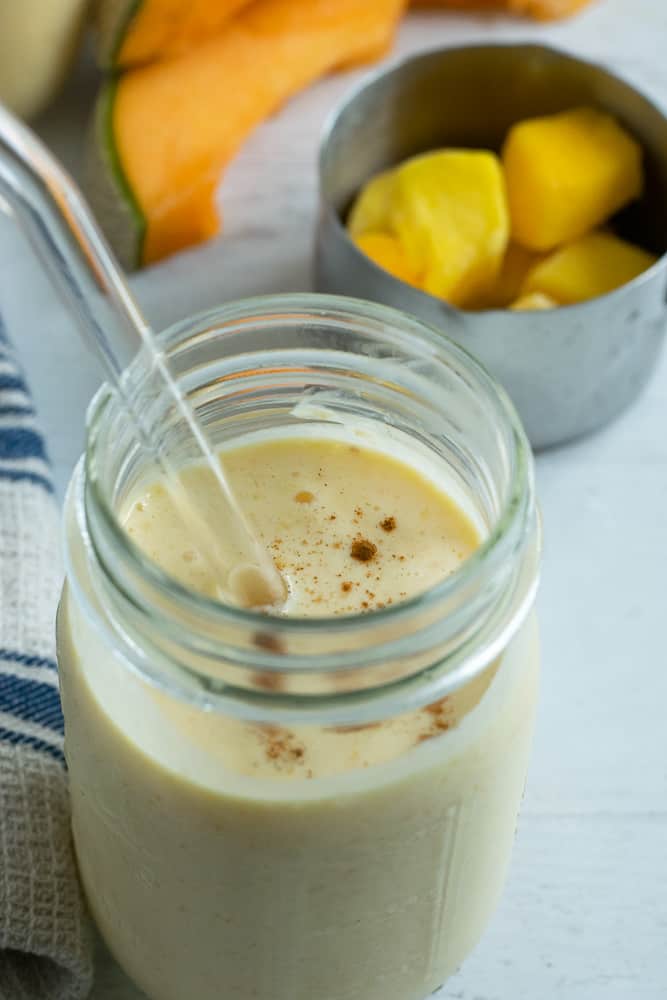

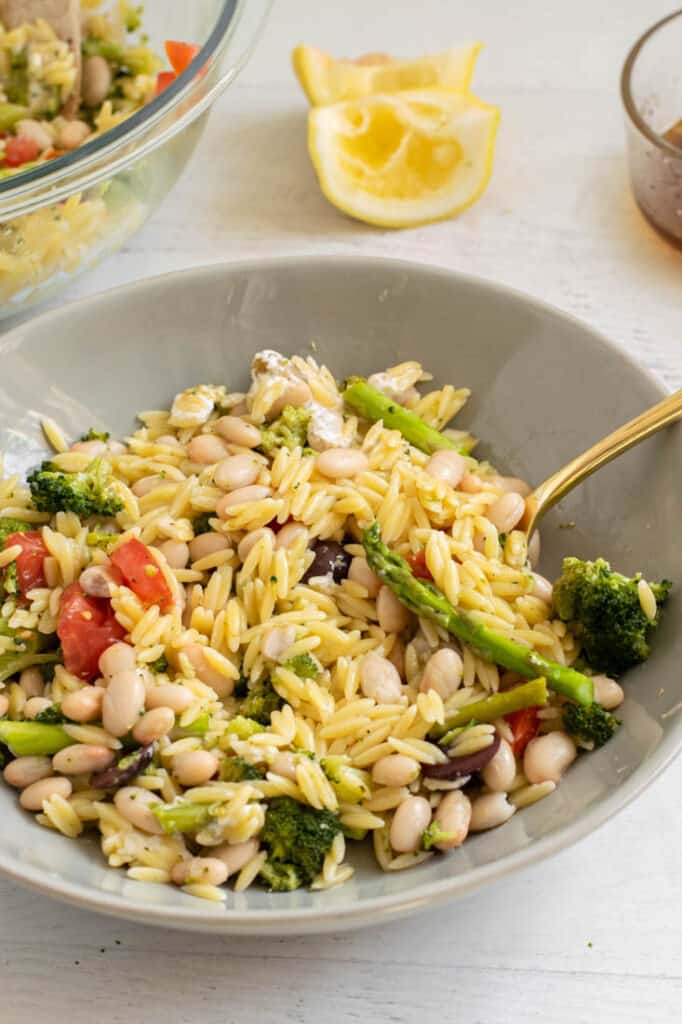
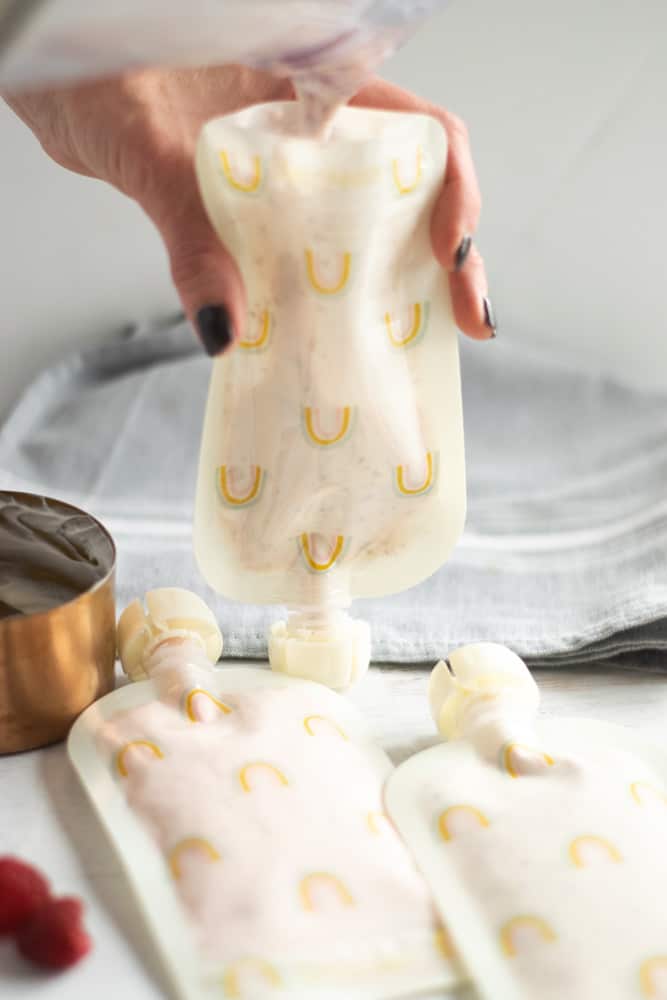
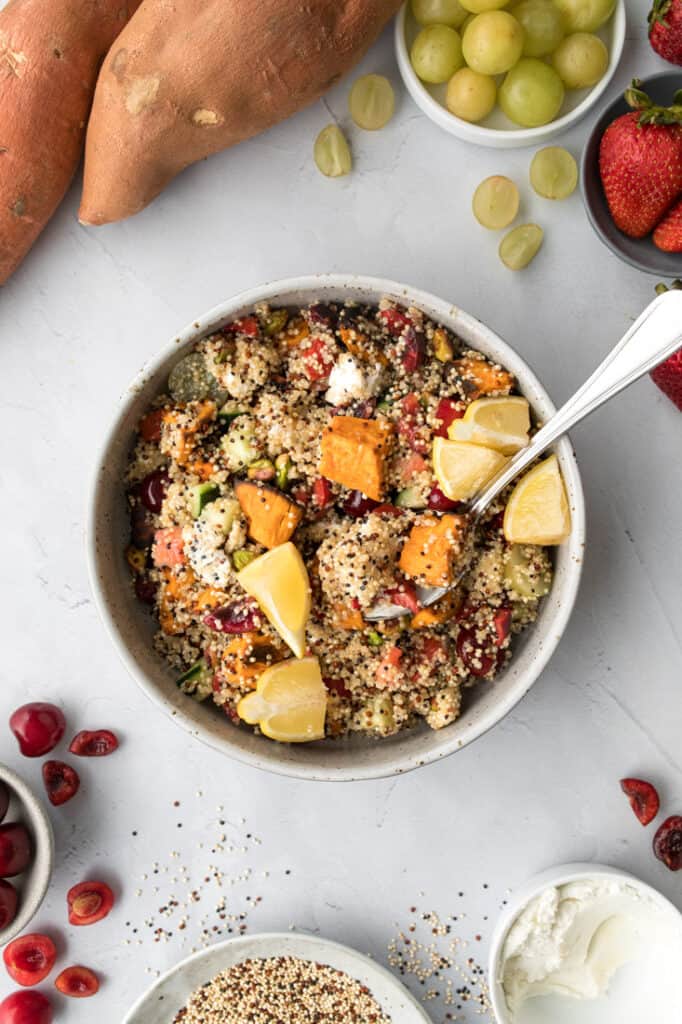



Like This Content?
Support Bucket List TummyMany programs are now offering find-your-own preceptors programs. These usually cost less and seem to allow a lot of flexibility. However, they require a bunch of preceptor forms to be filled in – which must be offputting for any potential preceptor the student finds. Also, how easy can it be for a student who does not know anyone in the RD field to actually find his/her own preceptors and secure them? Seems like an almost impossible mission!